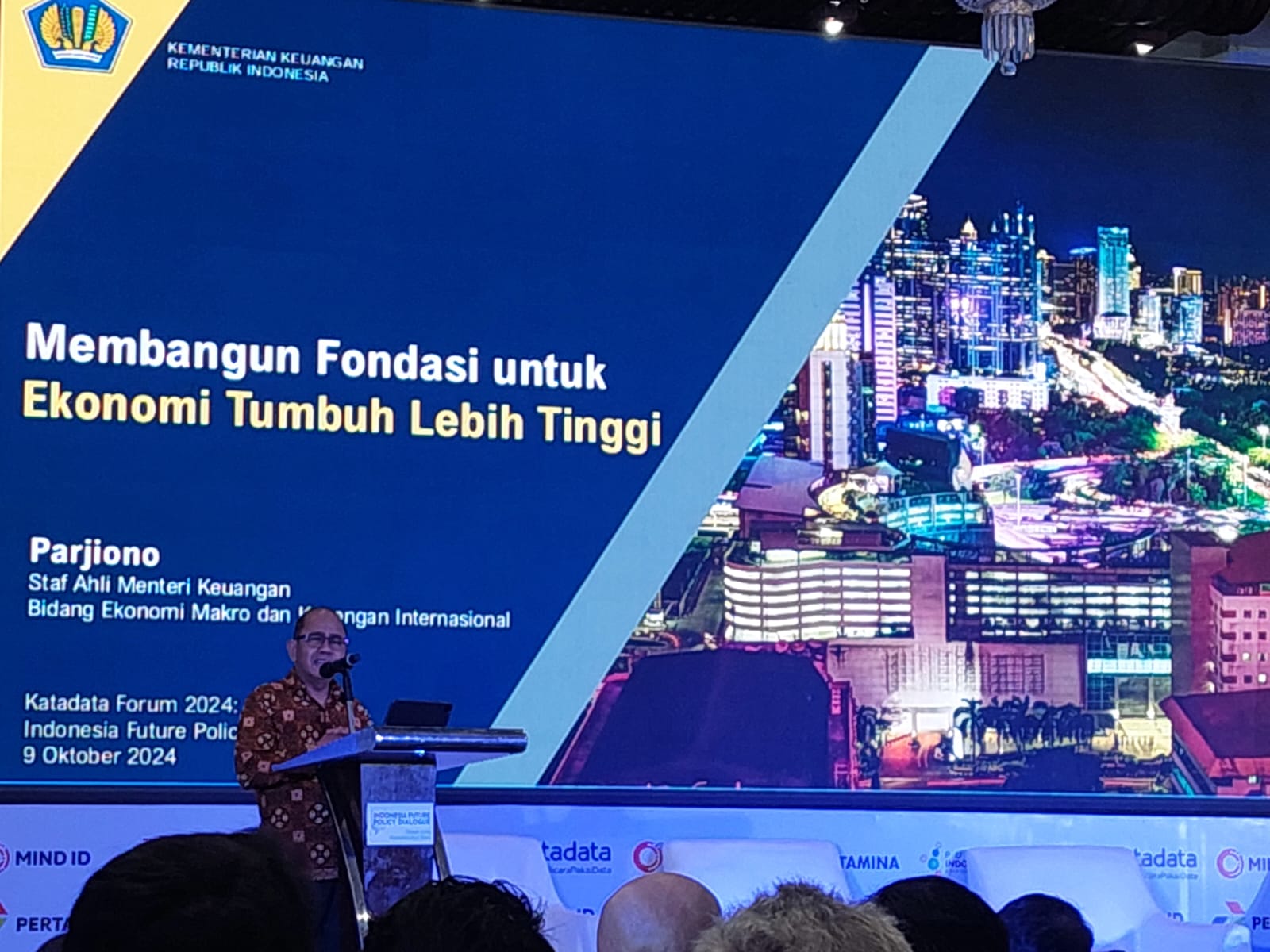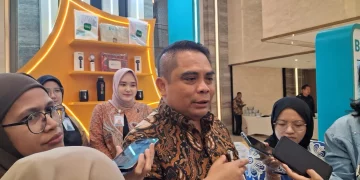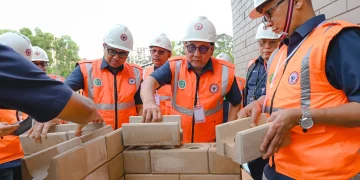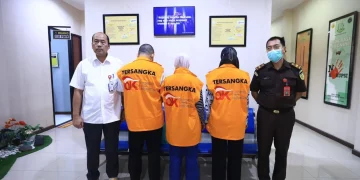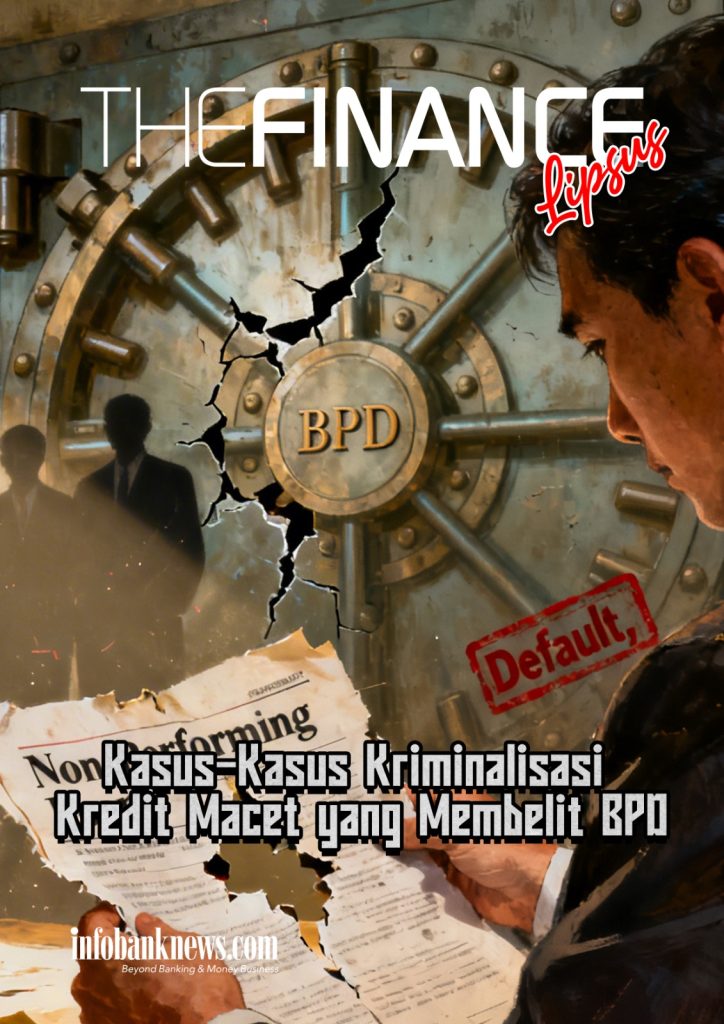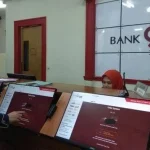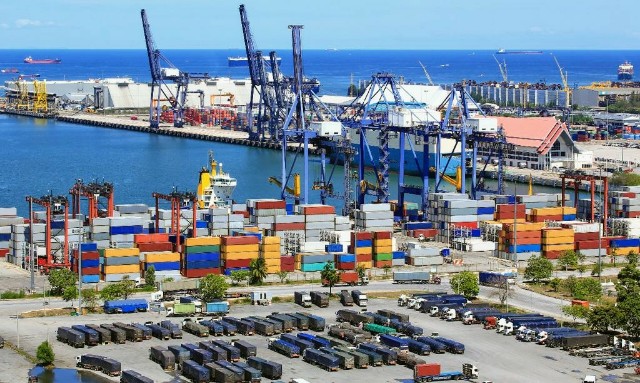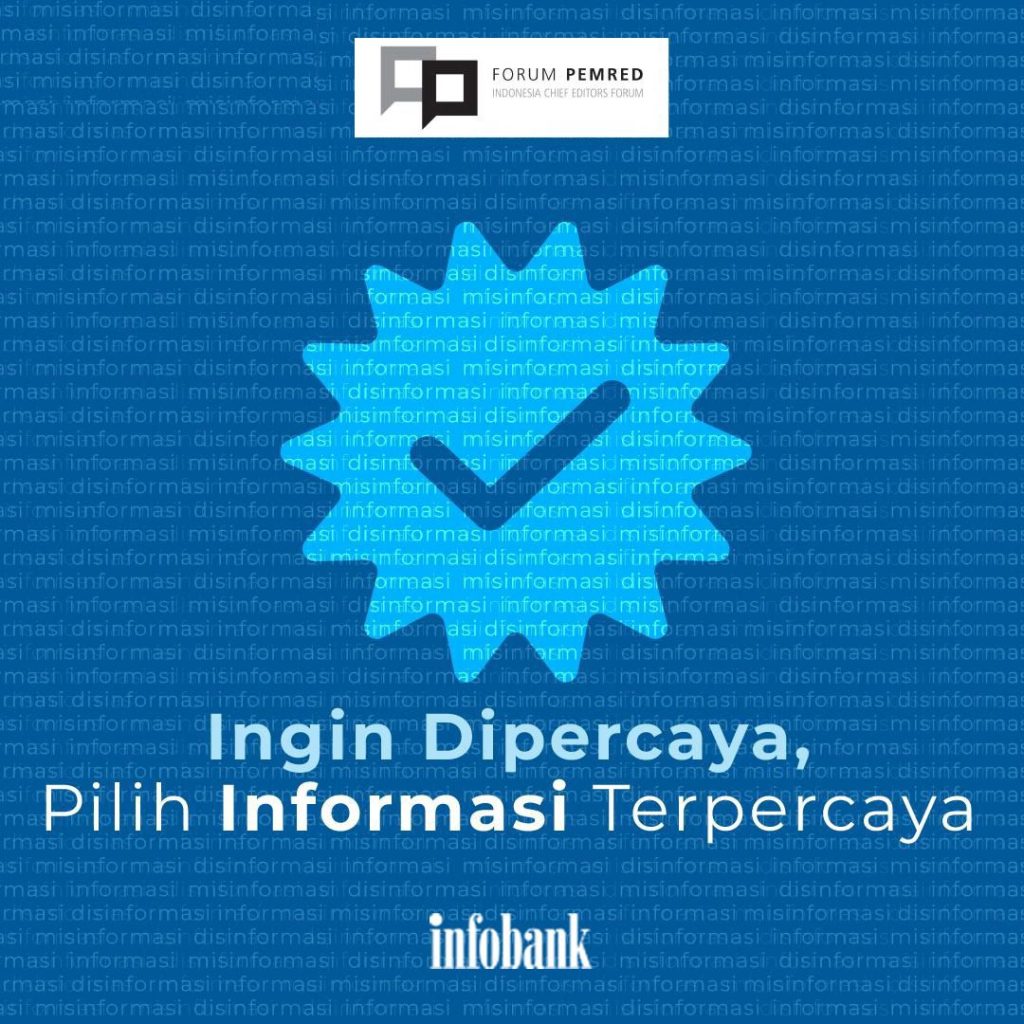Bandung – The decline in purchasing power of the lower middle class, prolonged deflation for five consecutive months, and the implementation of the impairment deduction reserve (CKPN) amid potential non-performing loans will burden BPR shareholders. For this reason, Eko B. Supriyanto, Chairman of Infobank Media Group, suggested that the minimum capital requirement should be relaxed, as it is not urgent.
Eko B. Supriyanto, speaking at a seminar organized by Perbarindo West Java on October 9, 2024, emphasized that the relaxation should not be done this year. According to Eko, referring to data from the Infobank Research Bureau, currently there are still 310 People’s Economic Banks (BPRs) whose capital has not reached Rp6 billion.
“That means there are still around 20 percent of the total number of BPRs in Indonesia that have not met the requirements,” he said.
In fact, Eko estimates that the number of 310 BPRs that have not met the minimum capital will continue to grow, because the CKPN rule is also due in January 2025. Also, due to unfavorable economic conditions to implement the provisions that do not support each other.
“In the midst of a rain of bad loans due to the impact of COVID-19 which is still felt, the real conditions of the lower community have decreased their purchasing power, many layoffs, deflation have caused BPR non-performing loans (NPLs) to also be heavy. The aggregate economic growth is indeed 5 percent, but it is uneven and there is a decrease in people’s purchasing power. Now, on a national average, the NPL position of BPRs is still 11-12 percent, this could cause mass damage to BPRs if CKPN and minimum capital requirements are simultaneously implemented,” said Eko giving reasons for postponing the deadline for capital fulfillment.
Read also: These are Infobank’s Best Banks and BPRs in 2024
Furthermore, Eko agrees with the amount of capital, but it would be better to relax the time for implementation. Moreover, the simultaneous implementation of the minimum core capital (MIM) provisions and the application of CKPN for BPRs at the end of 2024 and January 2025.
“It’s hard, unless OJK wants to punish 500 to 600 BPRs en masse, this is not conducive at the beginning of the new government,” continued Eko.
The amount of capital is important, but it is important to consider the conditions as well as the coverage area.
“For example, if the capital is small, it should not be far away or the area of operation. If you want to penetrate other areas, of course the capital must be bigger,” said Eko.
Currently, banking policy design alone cannot give small banks room to grow. “All pleasures have been given to KBMI 4 banks, for small banks such as BPRs are not given room to grow,” said Eko in front of seminar participants organized by Perbarindo, West Java.
So far, the way to increase capital has been through retained earnings, shareholder capital deposits and finding investors. But of course, retained earnings are difficult, and capital deposits from shareholders are also not easy in the current conditions. In fact, finding investors is also not easy.
“Economic conditions are not good, and we all have to support the new government that wants to increase growth by 8 percent,” said Eko.
“If the number is up to 500 BPRs, it is not easy, so it is not a loss if the relaxation is postponed for the implementation time, OJK friends can understand that, unless there is fraud, it is okay to take firm action immediately, but if it is a matter of the size of the capital, it is still negotiable. There should be no impression that the OJK pampers commercial banks, where there is a policy that no commercial banks are closed except BPRs,” continued Eko seriously.
Moreover, Prabowo’s new government policy establishes MSMEs and of course banks that 100 percent encourage MSMEs are BPRs, so BPRs that have credit and fund customers reaching around 15 million customers, of course, are still given room to grow.
“Don’t just talk about the small role of BPRs in the financial sector, but look at how much involvement they have in the social life of small communities,” he said.
So, said Eko, it needs to be reorganized, especially since BPR policies certainly cannot be equated with policies such as commercial banks, and of course we are all obliged to support the policies of Prabowo’s new government which want to develop MSMEs and certainly do not leave BPRs which are 100 percent MSME ecosystems.
Read also: Infobank 2024 BPR Rating: 417 BPRs Achieve “Very Good” Predicate
“The middle way at this time, is to give BPR space to relax the time to fulfill the minimum capital. Not at the end of December 2024. Moreover, the distance between the beginning of the Prabowo Government and the implementation of this regulation is only two months different, of course not to make noise,” said Eko.
Meanwhile, according to Tedy Alamsyah, Chairman of DPP Perbarindo, when asked for his comments on the proposed relaxation of the fulfillment of minimum capital, he strongly agreed.
“I strongly agree with the proposal for time relaxation, given the current tough conditions for BPRs,” he told Infobanknews.com.
The minimum core capital (MIM) requirement is regulated in POJK No.5 of 2015, and for BPRs that violate it, the bank’s health level will be downgraded, a written warning and a ban on opening and operating BPRs, for example. (*)


